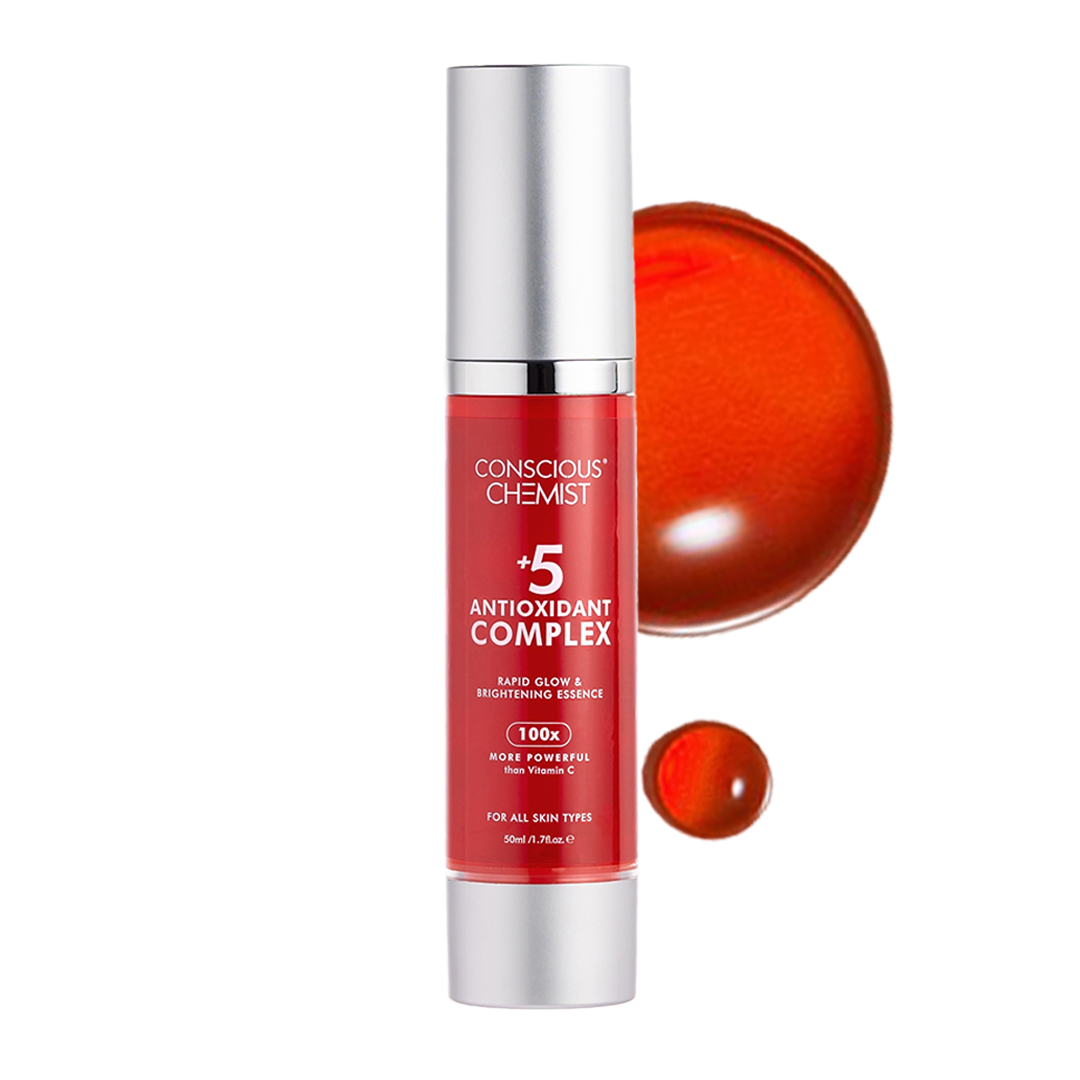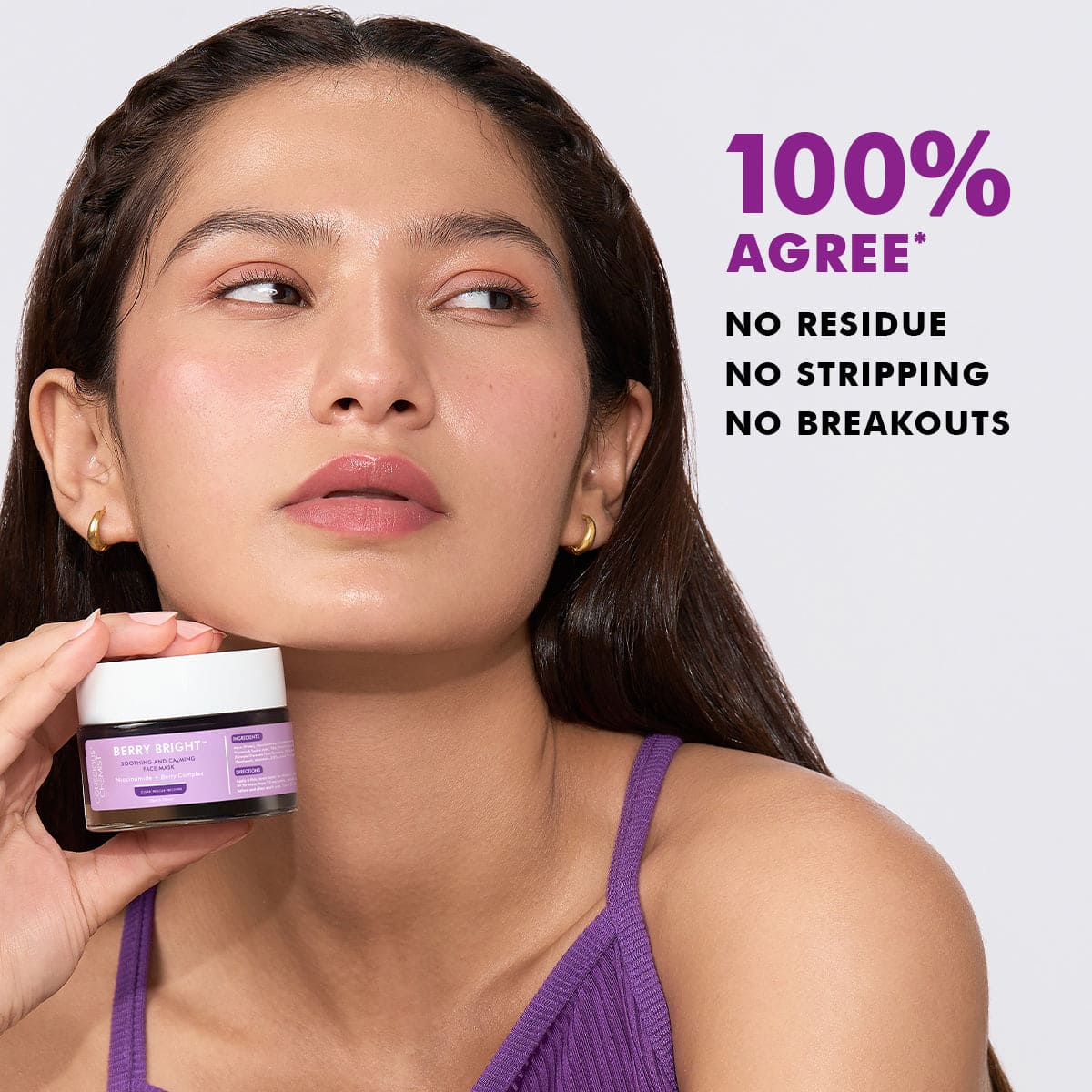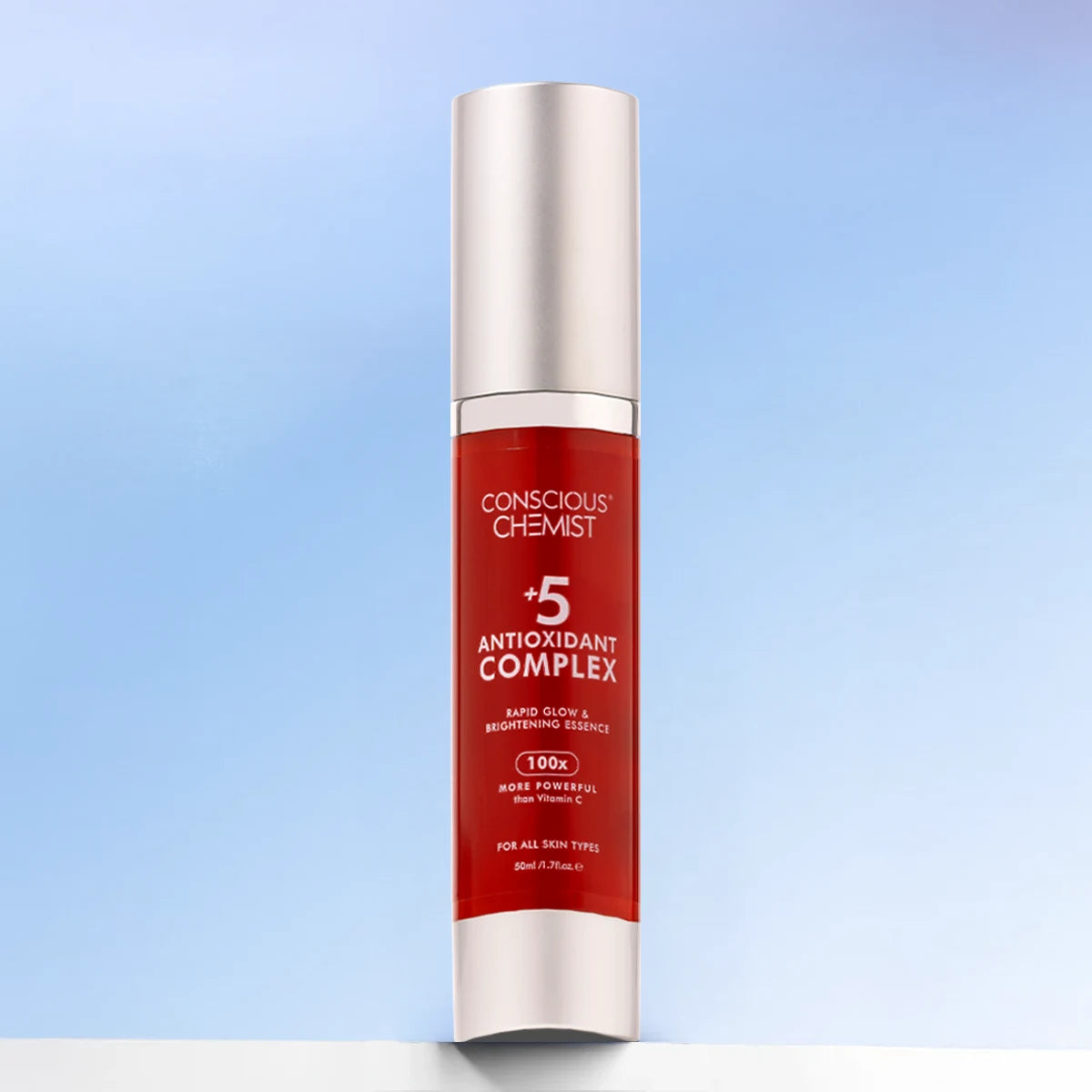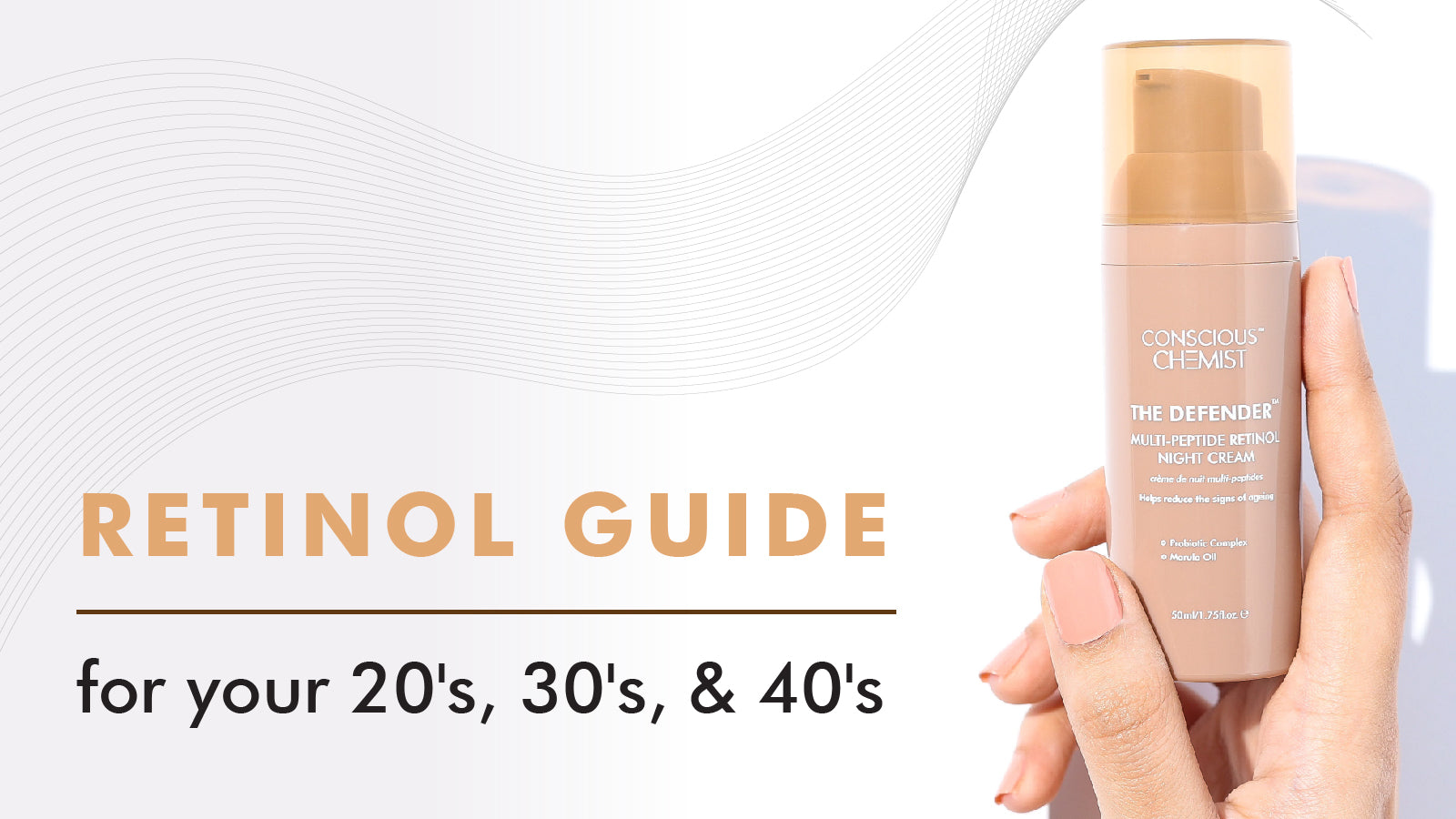Retinol, or simply Vitamin A is a fat-soluble vitamin in the vitamin A family which is usually found in food and is considered to be an important supplement that is highly recommended to most people. It is also mostly added to skin creams, lotions, cosmetic products and serums for its anti-aging effects that help in dealing with acne. You can either buy it on your own without a prescription or ask your doctor/dermatologist to write it down for you in the most suitable form that you would prefer.
It is applied atop the skin and comes in many forms which include gels, moisturizers, lotions, sunscreens, serum and more but they are not restricted to any formulation. Although, it is often said that to extract the maximum benefits out of any actives is to use them via serum because it is when the formulation is concentrated. But it is more or less like, ‘whatever floats your boat’ literally!
If you are someone who constantly wonders what preserves the ultimate youthness of the skin, then retinol is absolutely the perfect skincare hero you have come across. As per some dermatologists they say that if there is one ingredient everyone should incorporate into their routine, it is undoubtedly ‘retinol’. But there must be one encircling question that ‘why do I need anti-aging if I am not aging at all’ and this is where it gets wrong. Because as much as retinol is marketed as anti-aging active, people fail to understand that it has multiple glorious folds to it!
The Numerous Advantages of Retinol
Retinol is found in various skin products because it mainly leads to the production of collagen and deeply exfoliates your skin, while unclogging your pores for deep cleansing. Collagen in itself provides a huge amount of protein to your body and when it starts decreasing, your skin becomes wrinkled, sagging and begins to shrink which strips it off its otherwise regular glow. Retinol assures you have enough collagen to maintain the health of your skin, and thus keeps it plumper and healthier always. It takes enough time to actually work but has anti-aging effects which make its results worth the wait if you are patient enough!
Owing to its numerous benefits, many people use retinol products throughout their 20s, 30s, 40s and even 50s to maintain the youthfulness of their face and the health of their skin. But how do you decide the type and quantity you should choose in your regular life?
Retinol During Your 20s
Many studies have proven that collagen starts depleting in your mid 20s which is why it is the most suitable time to use retinol products so you can make up for the amount of it that you begin to lose. Retinol is ideally a preventive measure, more than a curable one, so you do not really have to wait for visible signs of aging to begin using it. You can, instead, keep those signs at bay by beginning its use when you reach your 20s.
It is recommended that you start slowly, using it once a week and only increasing that by 2 or 3 times a week because it is capable of causing skin irritation which can lead to redness, flaking, dry skin and other prominent issues that you needed dealing with in the first place. Use it at a lower concentration initially to give your skin enough time to get properly acquainted with it. On a side note, use it at night and not during the day to increase its efficiency by a high scale.
Retinol During Your 30s
This is the time when the blemishes on your face, owing to the sadly unpredictable and unchangeable nature of aging, begin to show clearly on your face. You may have sunken eyes wrinkled and sagging with exhaustion, sleep deprivation and the general tiredness of being an adult. Add a few discolored patches, blackheads and dark spots to the same and you have your 30s skin ready to be its grown self.
While the temptation to blame it all on age and the environment will always be present, remember that they are a result of not only your hormonal changes but also the way in which you’re looking after yourself. If you have been taking retinol since your 20s, you will find your skin a lot healthier in comparison to your friends’ owing to the striking collagen balance that it must have maintained so far in your skin. However, if you haven’t yet started, there is nothing such as ‘too late’. Start today! Let the magic happen to you, but only if you give it the time it needs.
Retinol During Your 40s
40s experience your aging at its extremity and your skin will more openly highlight the unparalleled time of exposure to environmental stressors such as stress, UV radiation, blue light, pollution and hormonal changes. They can lead to the lessening of collagen by a large margin, and your 40s may be the time when you consider the actual prescription for retinol, as recommended by your skin doctor. Though, your skin is also its thinnest during this period which might make retinol a bit too risky for it.
If you haven’t used it yet, consider starting now in very limited amounts. Your skin is vulnerable to numerous conditions that might also lead to skin cancer if you aren’t careful. Retinol helps prevent that by rejuvenating your skin and giving it the extra elasticity it needs.
Dos and Donts of Retinol
Do not use too much of it because it can end up doing more harm than good if left untreated for long hours. Also, protect your skin at all hours to ensure it gets what it needs to flourish in its entirety. Using too much retinol is also extremely harmful because that will make your skin vulnerable to acne scars and brutally clogged pores. Be careful with it but also remember that it is crafted perfectly to suit your needs and respond to them.








Men's Skincare Guide: Get Rid Of Acne Scars
Easiest ways to get rid of sunken eyes